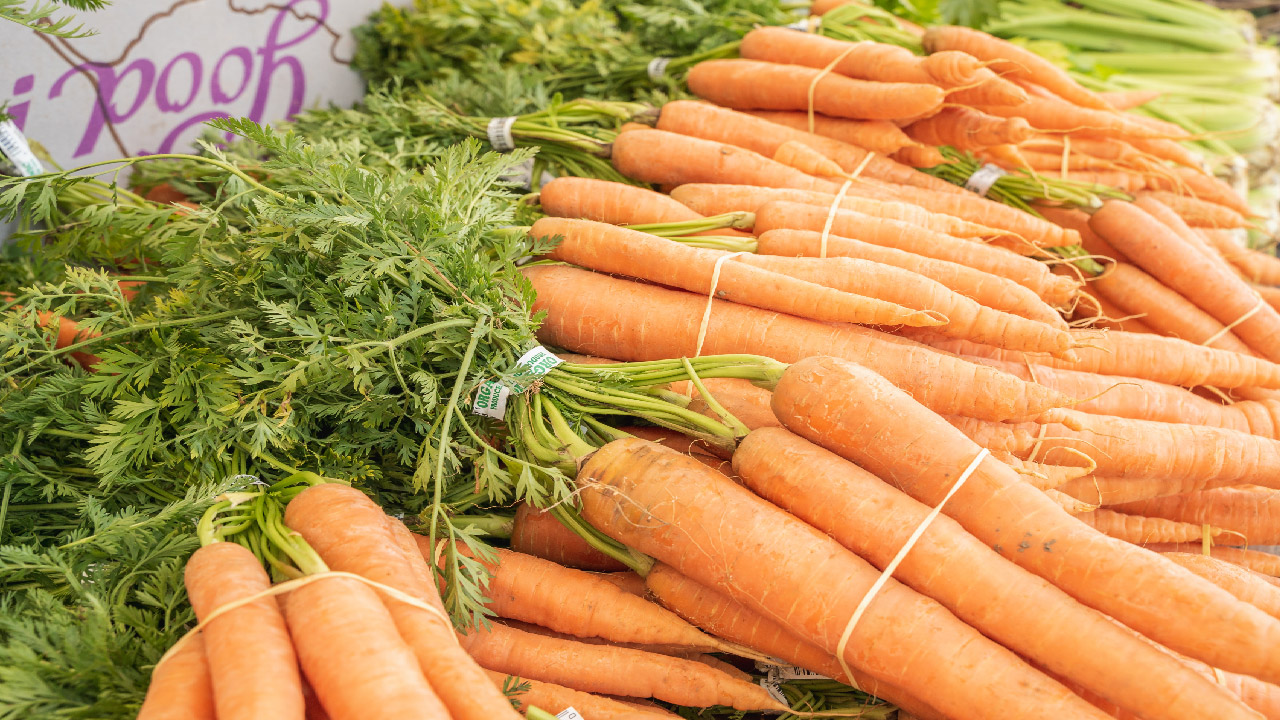The Farmer’s Almanac: Fact vs. Fiction
Mar 7th 2023
For nearly the entire history of the U.S., The Farmer's Almanac and the Old Farmer's Almanac have been part of American culture. When I was growing up my father would bring home the World Almanac and Book of Facts that my brother and I read from cover to cover. But we no longer wait anxiously for the new annual edition of The Farmer's Almanac, which had its first edition published in 1818 out of Dublin, New Hampshire — or the Old Farmer's Almanac which dates even further back to 1792 in Lewiston, Maine.
We're not the only ones for whom these classic publications have fallen off the radar. A big reason for this is that, in recent years, people have wondered about how accurate the Farmer's Almanac historically is. If you do still love paging through the almanac every year, it's important to know whether the weather predictions and other outlooks you see are trustworthy. Let's look at fact versus fiction in the Farmer's Almanacs and how reliable they are for gardeners.
Accuracy of the Farmer's Almanac
There are many different almanacs published each year. The Old Farmer's Almanac gives its famously vague weather forecasts based on a "secret formula" that goes back to its original publication in 1792. In 1753, Ben Franklin published the first edition of Poor Richard's Almanack which featured a "Secrets of the Zodiac" table identifying which art of the body is influenced by which zodiac sign. The New Farmer's Almanac was established in 1818 and is similar to the Old Farmer's Almanac with its own formula for weather forecasting.
Today, both the Old and New Farmer's Almanacs are annual American periodicals that provide long-range weather predictions, calendars with daily celestial information, sunrise, moonrise, tide tables, moon phases, planetary positions, horoscopes, advice on gardening and humor. There are also articles on topics such as natural remedies, and the best days to do various activities, plus plenty of lore.
The Farmer's Almanac is a mix of fact and fiction. It's served up with a broad wink and a game of "Let's Pretend" that also has real information worked in. Even the name "almanac" is a mystery — no one knows the derivation of the word.
As for the weather predictions that it doles out, these prognostications are made two years before the books go to press. Any of us could tell you that weather forecasts more than a few days old are just an educated guess. Our experience and scientific analysis tell us that the Farmer's Almanac predictions are 50% accurate. While this is higher than "groundhog prognostication" and other folklore methods of forecasting, it is far below the 80-85% accuracy that both Farmer's Almanacs officially claim. Many media analyses agree with this estimate of accuracy.
How the Farmer's Almanac Predicts the Weather
Since the Old Farmer's Almanac was first published, they have refined and enhanced their formula with state-of-the-art technology and some scientific calculations — namely solar science, the study of sunspots and other solar activity, climatology and meteorology. Then it dips into the surreal practice of predicting weather using things commonly found on the farm like persimmon seeds, a pig spleen and wooly bear caterpillars. But these methods are often scoffed at because they don't account for cyclical weather patterns, pressure systems and lately climate change.
At the very least, you would have to take their predictions with a grain of salt. First, it's difficult to predict a forecast even if it's just a few days away. The odds of being accurate so far in advance are zero.
I'll leave it up to you to decide. I would use the weather forecasting up to the trained professionals — and even then, you can never be sure about tomorrow.
When the winter weather is concerned, I would hope for the best, but plan for the worst. Part of this planning means proper care for your drip irrigation system and landscape. Visit the DripWorks store in Northern California or shop online for a variety of yard and garden kits, equipment, tools and accessories plus expert advice.

